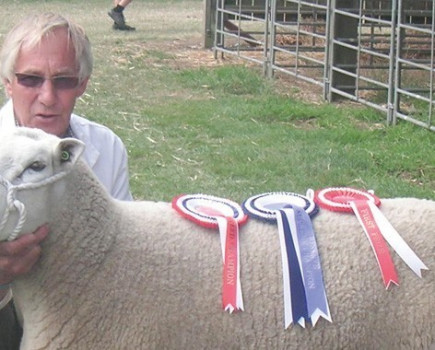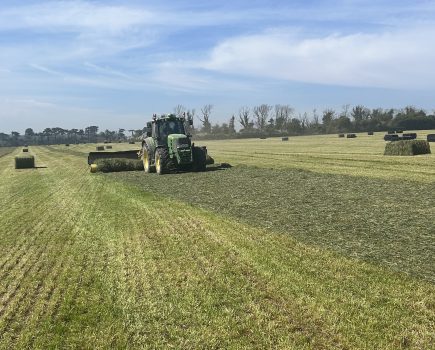Farming colleagues turned out in some force again in January at the Oxford Farming Conference to give Environment Secretary Steve Reed a piece of their mind. Meanwhile the NFU ploughs on with its plans for national days of ‘unity’. Their complaint, of course, is the government’s plan to dilute farmland’s exemption from inheritance tax (IHT) from 40% to 20% in 2026 – what the NFU have labelled ‘the family farm tax’.
But what exactly is this ‘family farm’ the NFU is talking about? Does it include James Dyson’s estate, for example? The man who owns 36,000 acres of some of the best farmland in England? That is quite some ‘family farm’.
What image are we currently projecting of ourselves to the public as we lobby for a reversal of the watering down of IHT relief for farmland, no matter how much land an individual owns? (And, as a farmer said to me recently: “Who are these farmers who can take days off to drive half the length of the country in their sparkling new £200,000 tractors to protest in Westminster?”) Are we really saying to the Government: “How dare you tax farmland estates worth as little as £1million?”
Personally, I don’t get it. Over a 40-year farming career I’ve managed to buy quite a lot of farmland and, as things stand, none of it is currently given away to my children.
But just how worried about a potential 20% IHT bill for my heirs after my death am I supposed to get? Apart from the obvious fact that I’ll be dead, (so why worry anyway?) the Government has not abolished the key capital gains tax (CGT) relief on farmland given away upon death.
This relief means that my heirs will enjoy a ‘re-basing’ of the value of the farmland left in my will. In other words, no matter how long I’ve owned the land for, or how cheaply I’ve bought it during my farming career, upon my death it will be revalued to reflect current land prices. This means that the beneficiaries of my estate will then be able to sell the land completely free of CGT. This will give my heirs the option to sell off as much or as little land as they need to, and to meet any IHT bill without paying any CGT on those sales. Rightly or wrongly, that scenario is not giving me or my children sleepless nights.
Surely the important point the NFU is missing is that some watering down of farmland’s exemption from IHT was necessary to make it less attractive as a vehicle for ultra high net worth individuals wanting to pay less tax. So when I hear such individuals continue to grumble loud and long about having to pay 20% IHT on their farmland, it’s music to my ears.
If we are serious about the future of the ‘family farm’, we need to ensure that the tax system does not encourage investment in farmland simply as a way for super wealthy individuals to avoid IHT. If my children do decide to follow me into a career in agriculture, cheaper land will be a much bigger help to them than farmland made prohibitively expensive due to the tax advantages of owning it.
For more like this, sign up for the FREE South East Farmer e-newsletter here and receive all the latest farming news, reviews and insight straight to your inbox.







